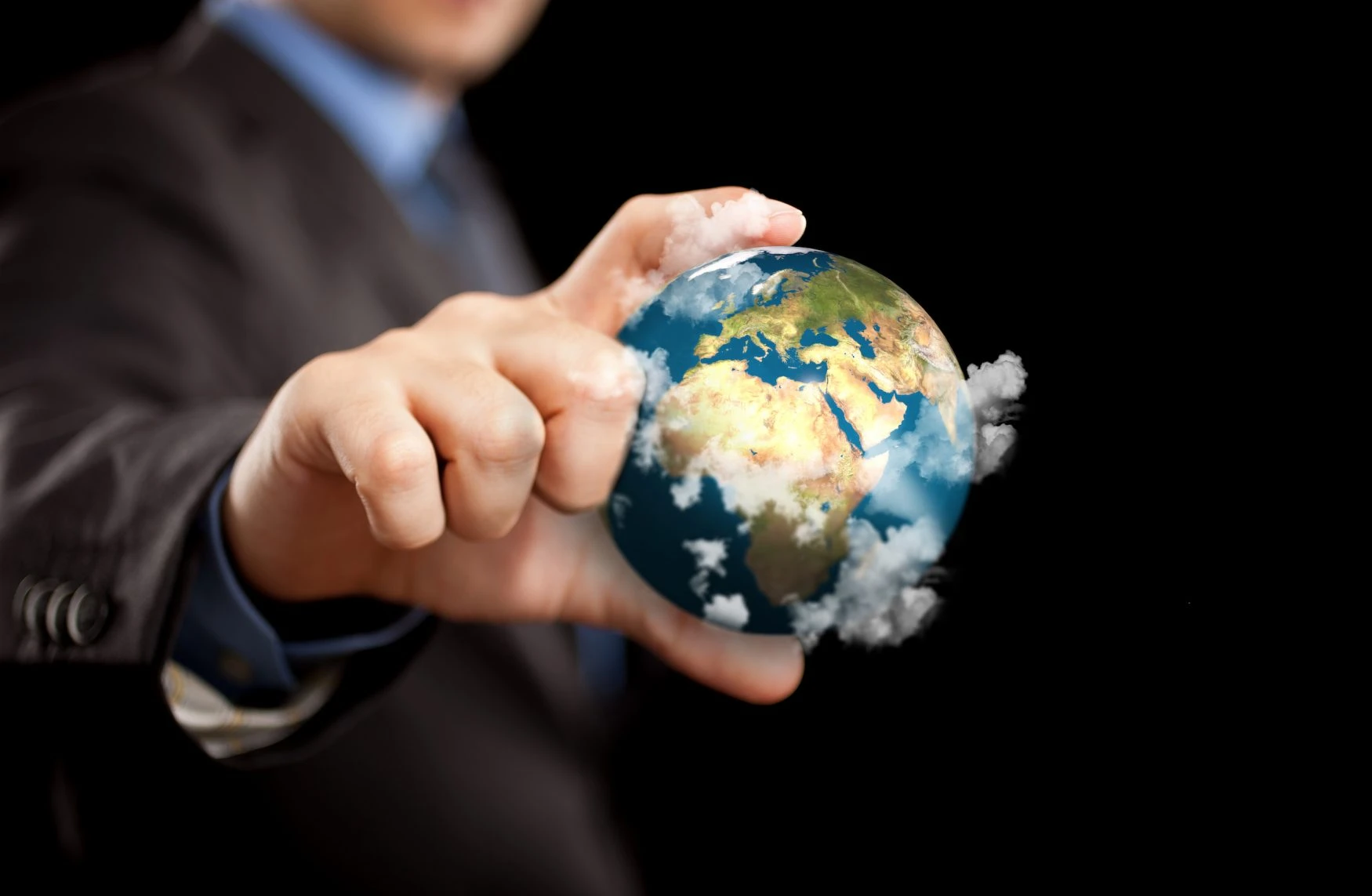Following the Covid-19 pandemic, our future is not anything like the past, even the very recent past of a month or two ago. Our economy, our priorities, our perceptions are not what they were years ago. Things that were supposed to be unstoppable stopped, and things that were supposed to be impossible have already happened.
We now have reached a crossroads, we have emerged from what we assumed was normality, things have suddenly overturned. One of our main tasks is now, to understand this moment, what it might require of us, and what it might make possible. A disaster changes the world and our view of it. Our focus and what matters shift. What is weak will break, what is strong will hold and what was hidden is now emerging.
People change as our priorities are shifting
Disasters, either natural, climatic, economic, social, or political are allowing us to see with new clarity the systems in which we are immersed as they change around us. The first lesson a disaster teaches is that everything is connected: disasters begin suddenly and never really end; in a crisis, the powerful often try to seize more power. Those who benefit most from the shattered status quo are often more focused on preserving or re-establishing it than protecting human life. Disaster scholars use the term “Elite Panic” to describe the ways that elites react when they assume that ordinary people will behave badly. When elites describe “Panic” and “Looting” in the streets, these are usually misnomers for ordinary people doing what they need to do to survive or care for others. Such elites often prioritize profit and property over human life and community.
Historically, there have always been titans of industry who prized the lifeless thing that is profit over living beings, who paid bribes to operate unhindered, worked children to death or put laborers in mortal danger in sweatshops and coal mines. There were also those who pressed on with fossil fuel extraction and burning despite what they knew, or refused to know, about climate change.
One of the primary uses of wealth has always been to buy your way out of the common fate or, at least, it has come with a belief that you can disassociate from society at large. While the rich are often conservative, conservatives more often align with the rich, whatever their economic status. The idea that everything is connected is an affront to conservatives who cherish a macho every-man-for-himself frontier fantasy. If everything is connected, then the consequences of every choice and act and word must be examined, which we see as love in action and they see as impingement upon absolute freedom, freedom being another word for absolutely no limits on the pursuit of self-interest.
Ultimately, a significant portion of conservatives and corporate leaders regard science as an annoyance that they can refuse to recognize. Some insist they can choose whatever rules and facts they want, as though these too are just free-market commodities to pick and choose from or remake according to one’s whims.
This denial of science and critical thinking among ultraconservatives now haunts the world response to the coronavirus crisis. Our rulers are showing little willingness to recognize the ominous possibilities of the pandemic. They are failing in their most important job and denying that failure is a major focus for them. While it may be inevitable that the pandemic will result in a world economic crash, it is also turning into an opportunity for authoritarian power grabs, a reminder that the largest problems are still political, and so are their solutions.
The storm will clear
When this storm will clear, we may see where we were and where we should go in a new light. We may feel free to pursue change in ways that seemed impossible while the ice of the status quo was locked up. We may have a profoundly different sense of ourselves, our communities, our systems of production, our economic and political systems and even our future.
For many of us, what has changed most immediately is only spatial. Since the Covid 19 pandemic, We have stayed home and away from contact with others. We have withdrawn from schools, workplaces, conferences, vacations, gyms, errands, parties, bars, clubs, churches, mosques, synagogues, from the busyness and bustle of everyday life. We have withdrawn from each other to protect each other. Although staying put is hard, maybe we will be reluctant to resume our rushing about, and something of the stillness now upon us will stay with us. We may rethink the wisdom of having much of our medicine and medical equipment made on other continents. We may also rethink the precarious just-in-time supply chains.
A new awareness of how each of us belongs to the whole and depends on it may strengthen the case for meaningful climate, social, economic, and political action. Perhaps this will be the moment that we recognize that there is enough food, clothing, shelter, healthcare, and education for all and, that access to these things should not depend on what job you do and whether you earn enough money. Perhaps the pandemic is also making the case, for those who were not already convinced, for universal healthcare and basic income. In the aftermath of disaster, a change of consciousness and priorities are powerful forces.
Often the most significant consequences of disasters are not immediate or direct. We are only in the early stages of recovering from the Covid-19 disaster, and surprisingly enough, we are also in a strange stillness. May the best among us, the most visionary, the most inclusive, be the imaginal cells. The outcome of disasters is not foreordained. It is a conflict.
But this is also a time of depth for those spending more time at home and more time alone, looking outward at this unanticipated world. It is too soon to know what will emerge from this emergency, but not too soon to start looking for chances to help decide it.
It is, I believe, what many of us are prepared to do.
Michel Ouellette JMD, ll.l., ll.m.
Systemic Strategic Planning / Regulatory Compliance / Crisis & Reputation Management
Skype: jmdlive
Phone: 1. 613.539.1793
Email: jmdlive@live.ca
Web: https://www.jmdlive.info/
Michel Ouellette / J. Michael Dennis is a Former Attorney, a Trial Scientist, a Crisis & Reputation Management Expert, a Public Affairs & Corporate Communications Specialist, a Warrior for Common Sense and Free Speech.
Follow JMDlive on:
Twitter, LinkedIn, Facebook, Mastodon, Tumblr, JMDlive.com, Instagram and JMD Systemics,

